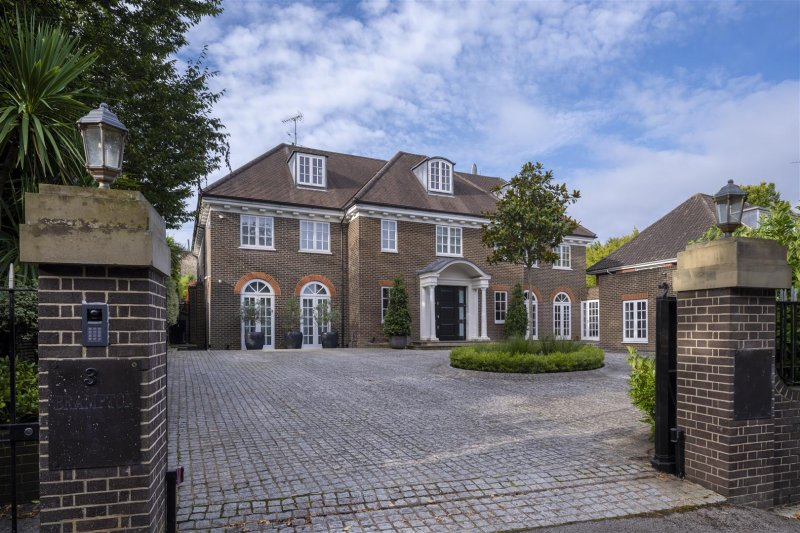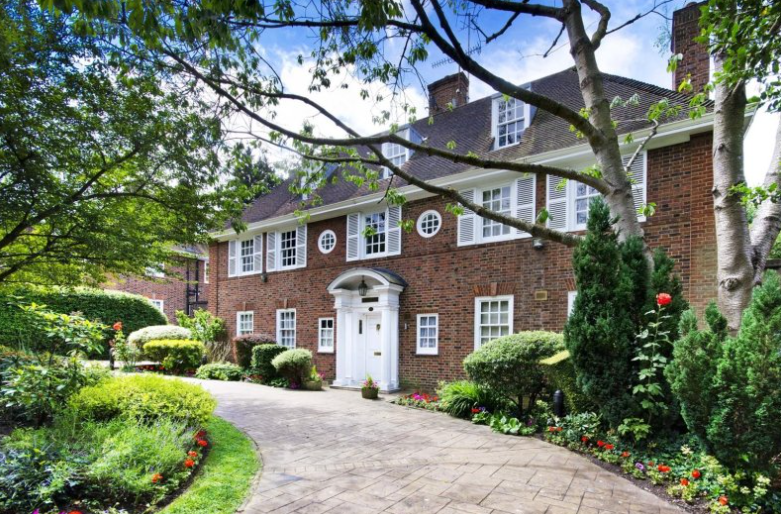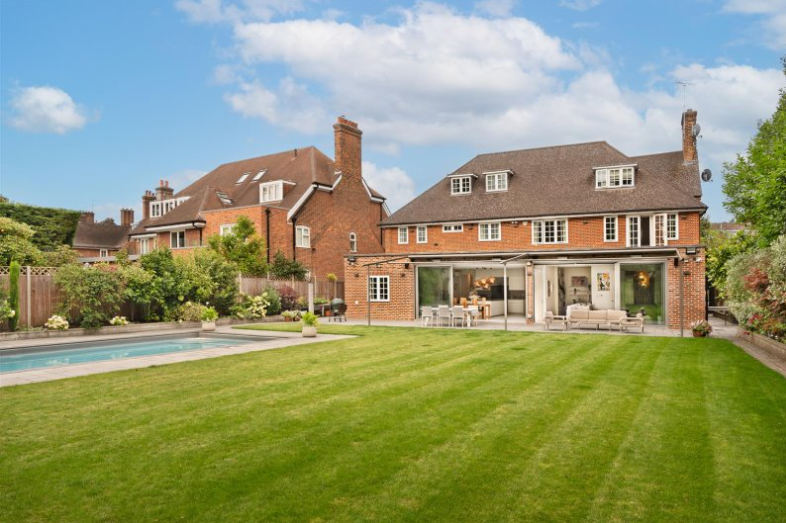
If you’re investing in North London property, whether in areas such as Finchley, Barnet, or Hampstead, understanding Capital Gains Tax (CGT) is essential. This tax applies when you sell a property that isn’t your main home and make a profit. With recent changes to tax rates and allowances, it’s more important than ever to grasp how CGT works and how to manage it effectively.
What Is Capital Gains Tax?
Capital Gains Tax is a tax applied to the profit you earn when you sell an asset/property for more than you originally paid for it. For property investors, this typically applies to buy-to-let (BTL) properties.
Example:
- You bought a flat in Finchley for £400,000.
- You sell it for £500,000.
- Your gain is £100,000.
This £100,000 gain is subject to CGT.
Current CGT Rates for Property Sales (2025/26)
As of the 2025/26 tax year, the rates are:
- Basic rate taxpayers pay 18% Capital Gains Tax on profits from selling residential property.
- Higher & additional rate taxpayers are charged 24% on gains from the sale of residential property.
These rates apply to properties that aren’t your primary residence.
Annual Exemption Allowance
Each individual has a £3,000 annual CGT exemption. This means the first £3,000 of your total gains in a tax year is tax-free. For couples, this can be combined to £6,000 if both are named on the property title.
How to Calculate Your CGT
To determine your taxable gain:
Taxable Gain = (Sale Price – Purchase Price) – Allowable Costs – Annual Exemption
- Sale Price is the amount you sell the property for.
- The purchase price is the amount you paid when buying the property.
- Allowable costs include expenses such as solicitor and estate agent fees, as well as the cost of property improvements (excluding general maintenance).
Example:
- Sale Price: £500,000
- Purchase Price: £400,000
- Allowable Costs: £10,000 (e.g., improvements, fees)
- Annual Exemption: £3,000
Taxable Gain = (£500,000 – £400,000) – £10,000 – £3,000 which equals £87,000
If you’re a higher-rate taxpayer, the CGT would be 24% of £87,000, which equals £20,880.
Strategies to Reduce CGT
- Timing the Sale: Consider selling in a tax year when your income is lower, which may potentially reduce your CGT rate.
- Utilise Allowances: Maximise your annual exemption by planning sales across different tax years.
- Offsetting Losses: If you’ve made losses on other investments, you can offset them against your property gains.
- Gifting to Spouse: Transferring property to a spouse can utilise both individuals’ allowances and potentially lower tax bands.
Ownership Structures and CGT
How you own your property affects your CGT liability:
- Personal Ownership: Simpler but subject to personal income tax rates.
- Limited Company: May offer tax efficiency, especially regarding mortgage interest deductions, but profits are subject to corporation tax.
- Trusts: Useful for estate planning, but complex and may have higher tax rates.
Each structure has pros & cons, so consult a tax advisor to determine the suitable option for your situation.
Recent Changes in CGT
The UK government has recently increased CGT rates:
- Basic Rate: Increased from 10% to 18%.
- Higher Rate: Increased from 20% to 24%.
Conclusion
Understanding Capital Gains Tax (CGT) is crucial for property investors in North London. By assessing your potential CGT, reviewing ownership structures, and applying strategies to minimise tax liability, you can make smarter and more informed investment choices. It is always advisable to seek guidance from a qualified tax advisor to ensure compliance and optimise your overall tax position.



